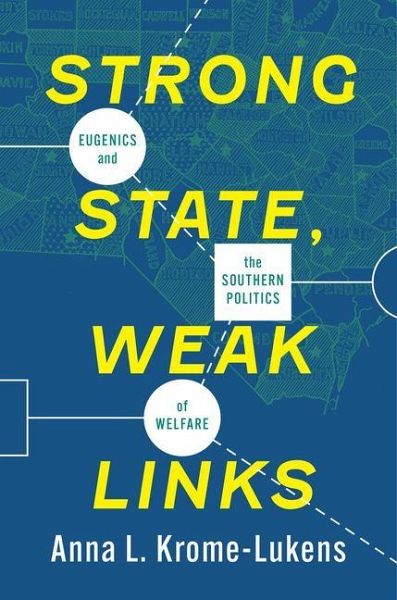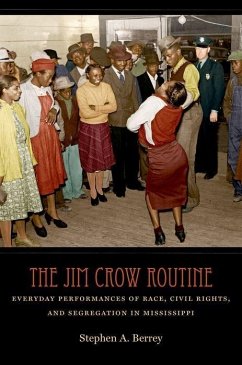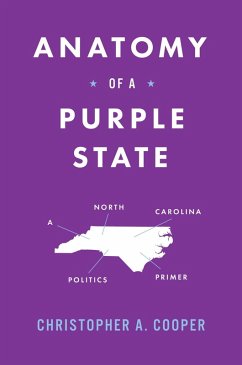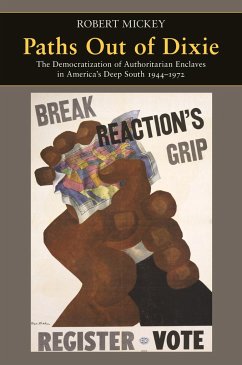Nicht lieferbar

Strong State, Weak Links
Eugenics and the Southern Politics of Welfare
Versandkostenfrei!
Erscheint vorauss. 16. Juni 2026
36,99 €
inkl. MwSt.
In the early twentieth century, most US states established eugenics programs to “improve” the human race through selective breeding. North Carolina ran one of the nation’s most aggressive programs; between 1927 and 1977, at least 5,700 people were sterilized and thousands more were committed to institutions. While sterilizations in the 1950s and 1960s disproportionately targeted Black women receiving public assistance, the program’s early focus was on poor white women. These policies were framed as scientific and progressive, yet they were deeply intertwined with racial and class biase...
In the early twentieth century, most US states established eugenics programs to “improve” the human race through selective breeding. North Carolina ran one of the nation’s most aggressive programs; between 1927 and 1977, at least 5,700 people were sterilized and thousands more were committed to institutions. While sterilizations in the 1950s and 1960s disproportionately targeted Black women receiving public assistance, the program’s early focus was on poor white women. These policies were framed as scientific and progressive, yet they were deeply intertwined with racial and class biases, reflecting long-standing social hierarchies in the South. Anna Krome-Lukens examines those early years and reveals how white reformers such associal workers, politicians, and activists promoted the principles of eugenics while shaping the emerging welfare state before and during the New Deal. By using claims about fitness and mental defects to justify unequal access to public benefits, they defined who was worthy of care. Tracing this history, Strong State, Weak Links illuminates how North Carolina’s eugenics programs influenced the modern welfare state and how their legacy continues to shape debates over social policy today.













